More and more studies are revealing that your diet can affect whether you get cancer — or whether you don’t. Adopting a healthy diet can, over time, greatly benefit your health and help you lower your risk of getting different types of cancer.
Often, being overweight or obese can increase your risk of getting different cancers, such as breast or colon cancer. With a proper and healthy diet, however, this risk can be greatly lowered.
Adopt a “Plant-Forward” Diet

A Harvard study revealed that almost 25% of all 18 million cancer diagnoses done annually could be prevented with better dietary choices. One very beneficial dietary choice to make? Adopting a “plant-forward” diet.
A plant-forward diet differs from a plant-based one in which you only eat plants. A plant-forward diet consists of mostly plants. However, you can still eat animal-based protein, though at a much smaller rate than you may be used to. The goal here is to mainly eat fruits and vegetables.
Limit Processed Meats
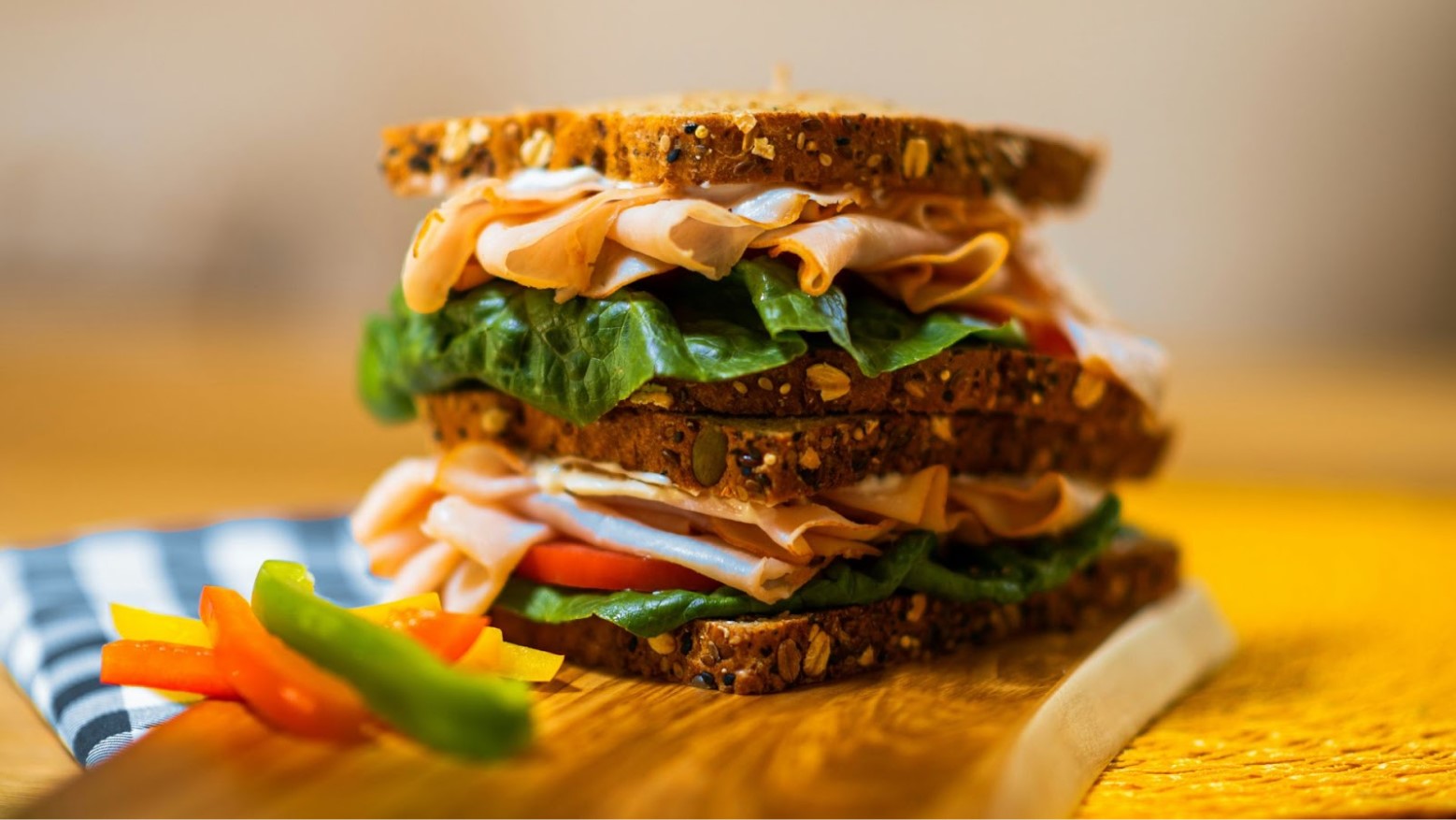
Even if you don’t begin a plant-forward diet, you can still make huge changes to your eating habits for the better. Try limiting processed meats to start.
Processed meats, such as deli meat, have been linked to various forms of cancer. Therefore, to lower your risk of getting cancer, limit or completely cut out these types of meats from your diet.
Eat Mainly Fruits and Vegetables
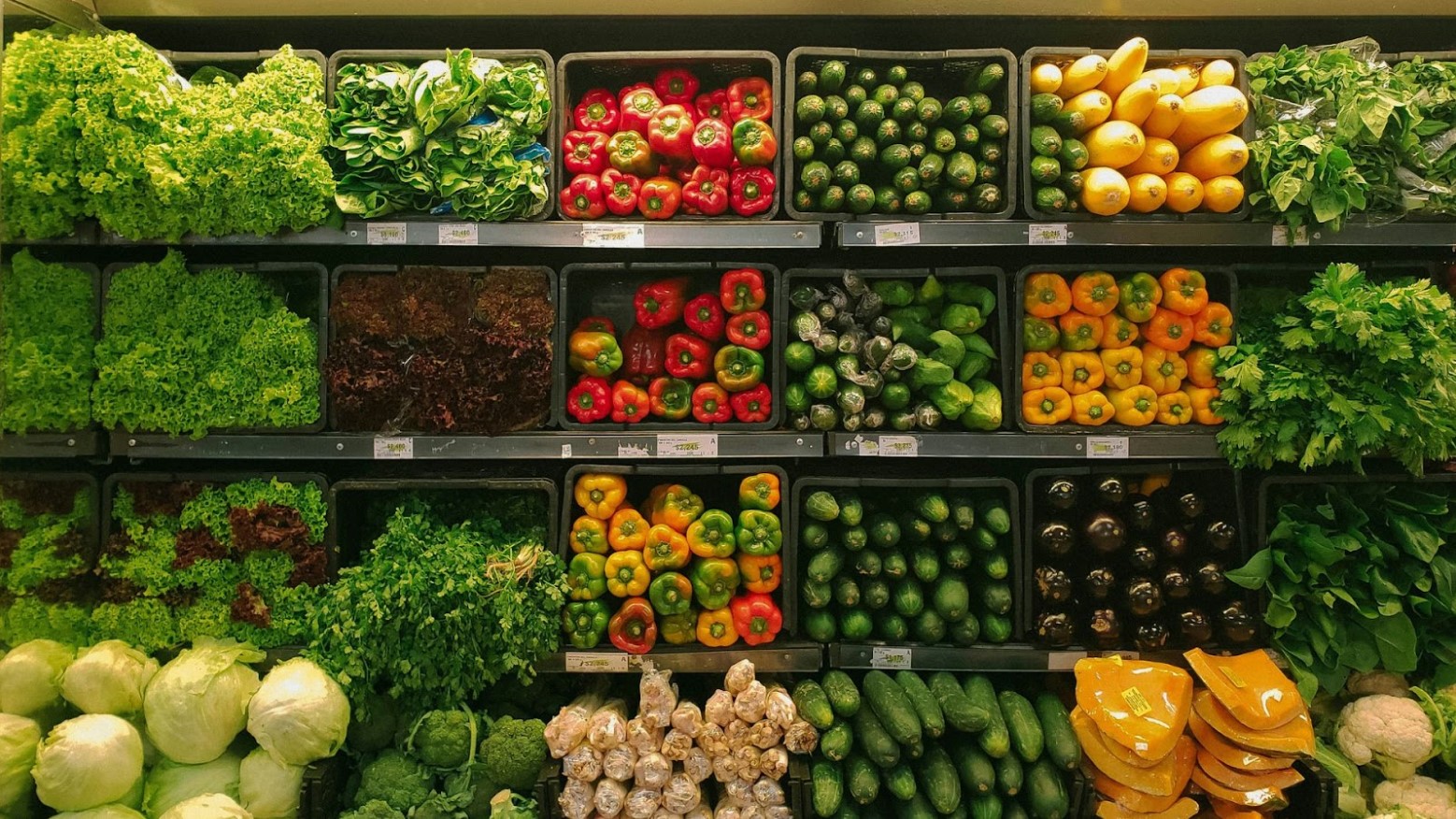
It’s incredibly beneficial to eat mainly fruits and vegetables on a daily basis. For a supremely healthy life, try to make your meal plates about 50% fruit and vegetables.
Many studies have been conducted on the benefits of fruits and vegetables — and many have found that these foods can greatly lower your risk of cancer. Fruits and vegetables provide necessary nutrients, which, in turn, prevent any deficiencies that could cause cancer to form.
Limit Red Meat
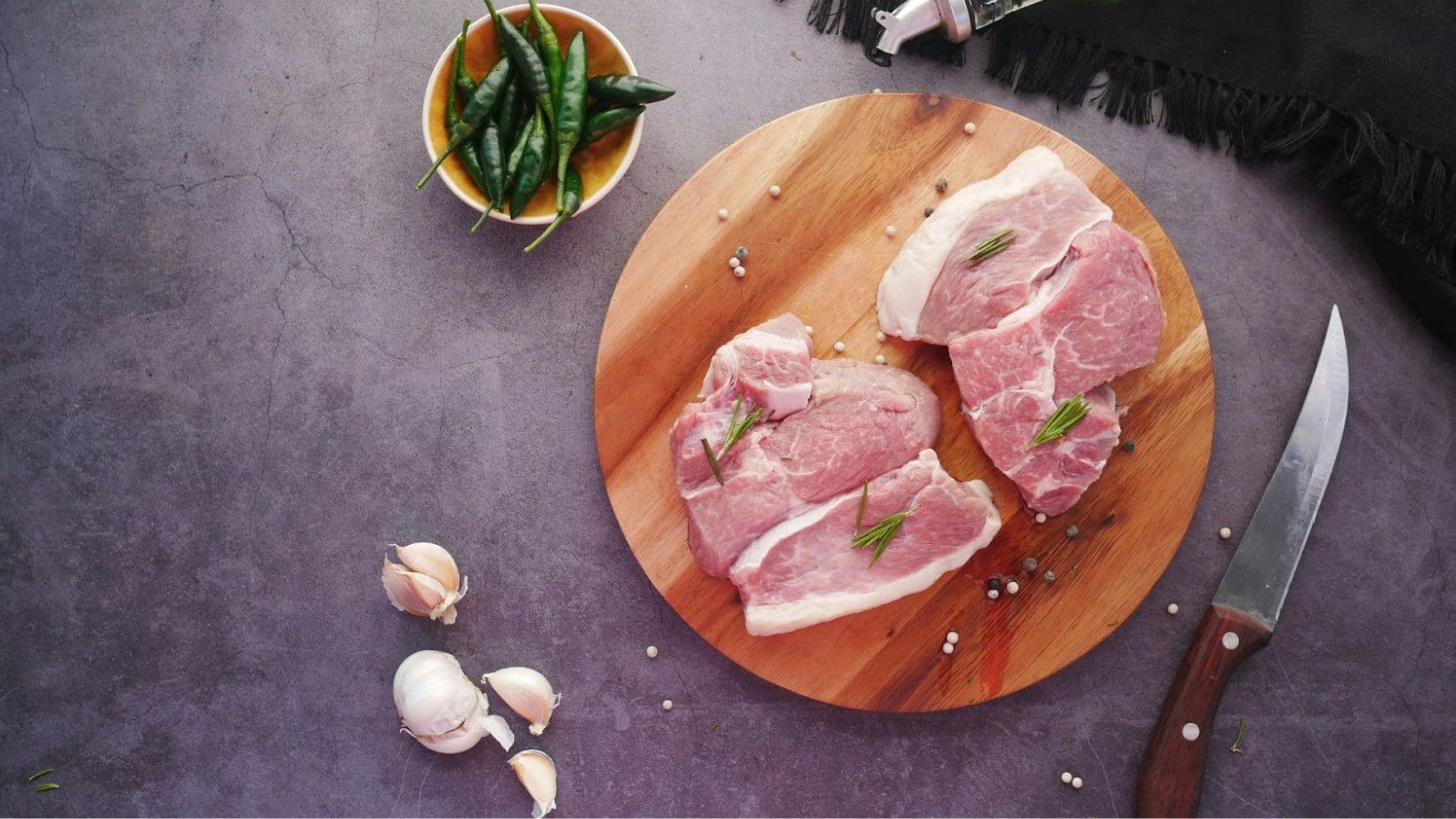
Studies differ on whether red meat, a processed meat, can increase your risk of cancer. For every study that says it does, another appears that says the evidence is inconsistent. Some studies even specifically show that red meat is tied to an increased risk of colon cancer.
However, red meat has long been known to not be the greatest for your health. To truly better yourself, it doesn’t hurt to — at the very least — limit your red meat intake.
Eat More Plant-Based Proteins

A healthy plate should consist of 50% vegetables and fruits, but at least 25% of that plate should be dedicated to protein. Some forms of protein are better than others, and plant-based protein has been shown to greatly improve health.
There are many different types of plant-based proteins you can add to your daily diet. Common forms of this food group include nuts, beans, and tofu.
Limit Processed Foods
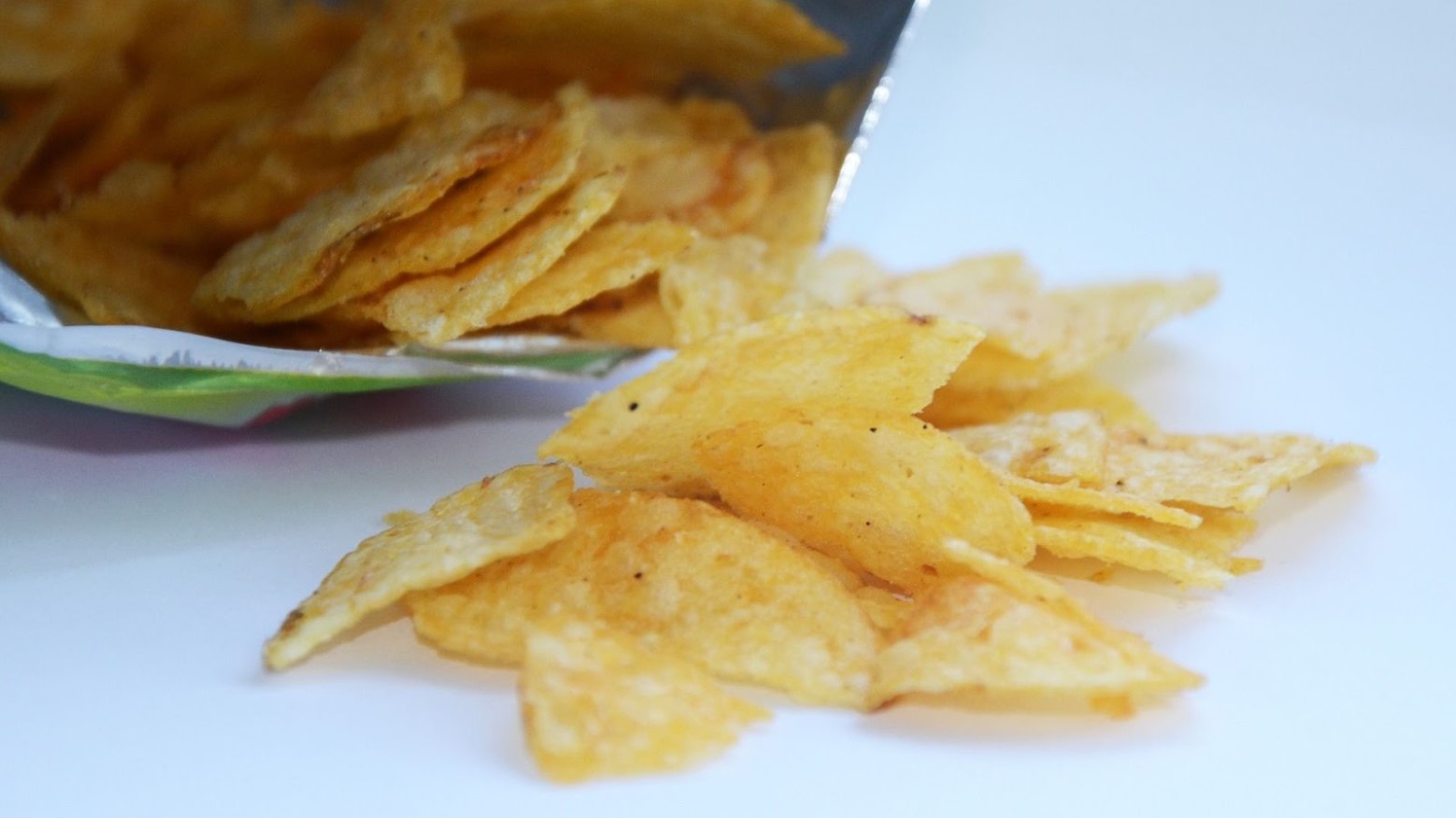
Unfortunately, processed foods have been proven by multiple studies to be incredibly bad for human bodies. Some studies have even shown that a large consumption of heavily processed foods can greatly increase the risk of getting cancer — and dying from it.
Therefore, you should limit your intake of processed foods as much as you can. As so many foods are processed nowadays, this can be hard. Examples of processed foods include breakfast cereals, pastries, potato chips, frozen meals, and soda.
Eat Whole Grains
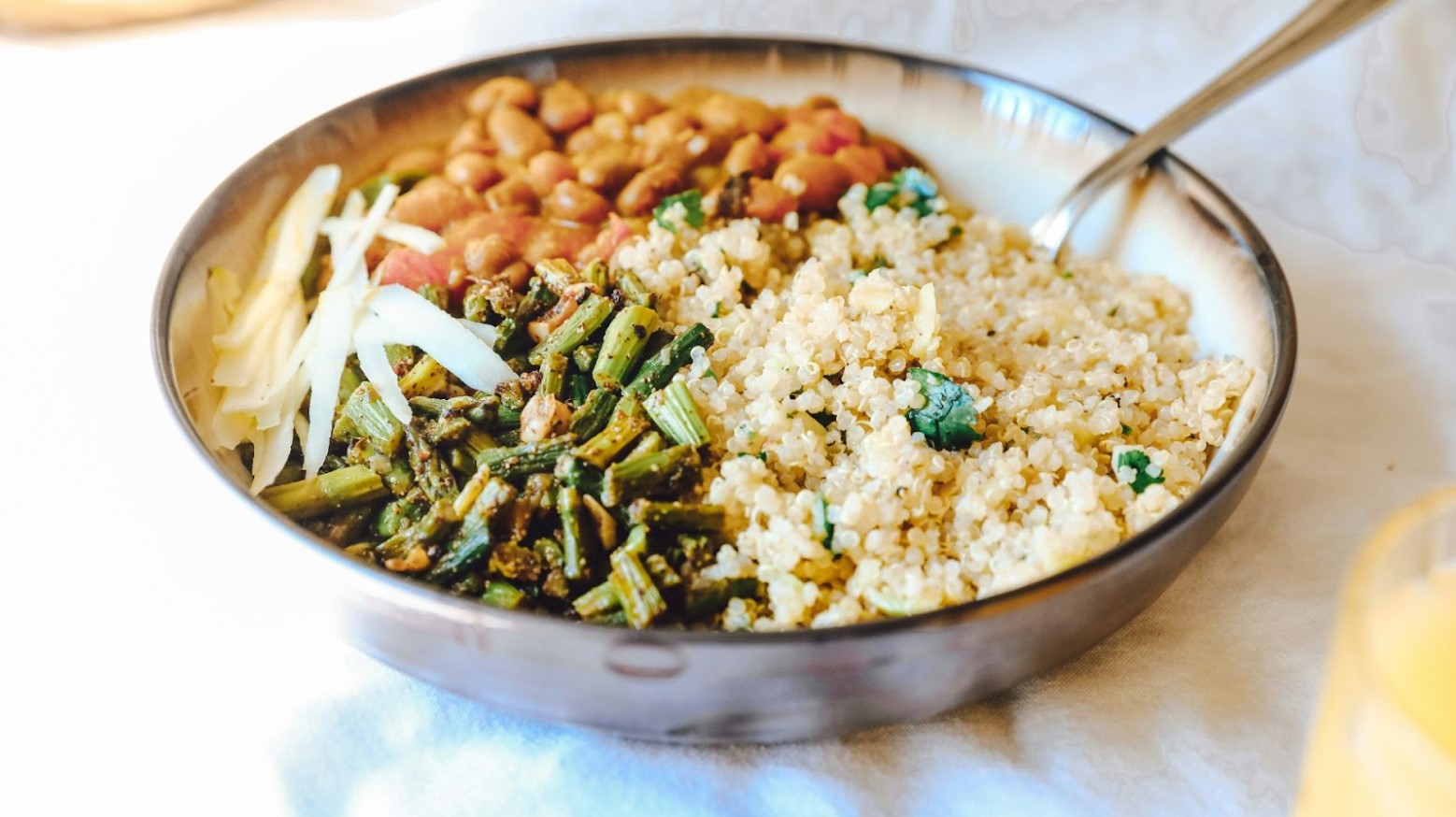
A good, cancer-fighting diet also consists of eating whole grains. About 25% of your meal plate should be dedicated to whole grains and starches. Whole grains include brown rice, quinoa, oatmeal, whole wheat flour, and popcorn.
Many studies have also been conducted on how beneficial whole grains are when consumed often. Some studies even reveal that a daily dose of whole grains can decrease the risk of breast and liver cancers.
Eat Healthy Animal Proteins
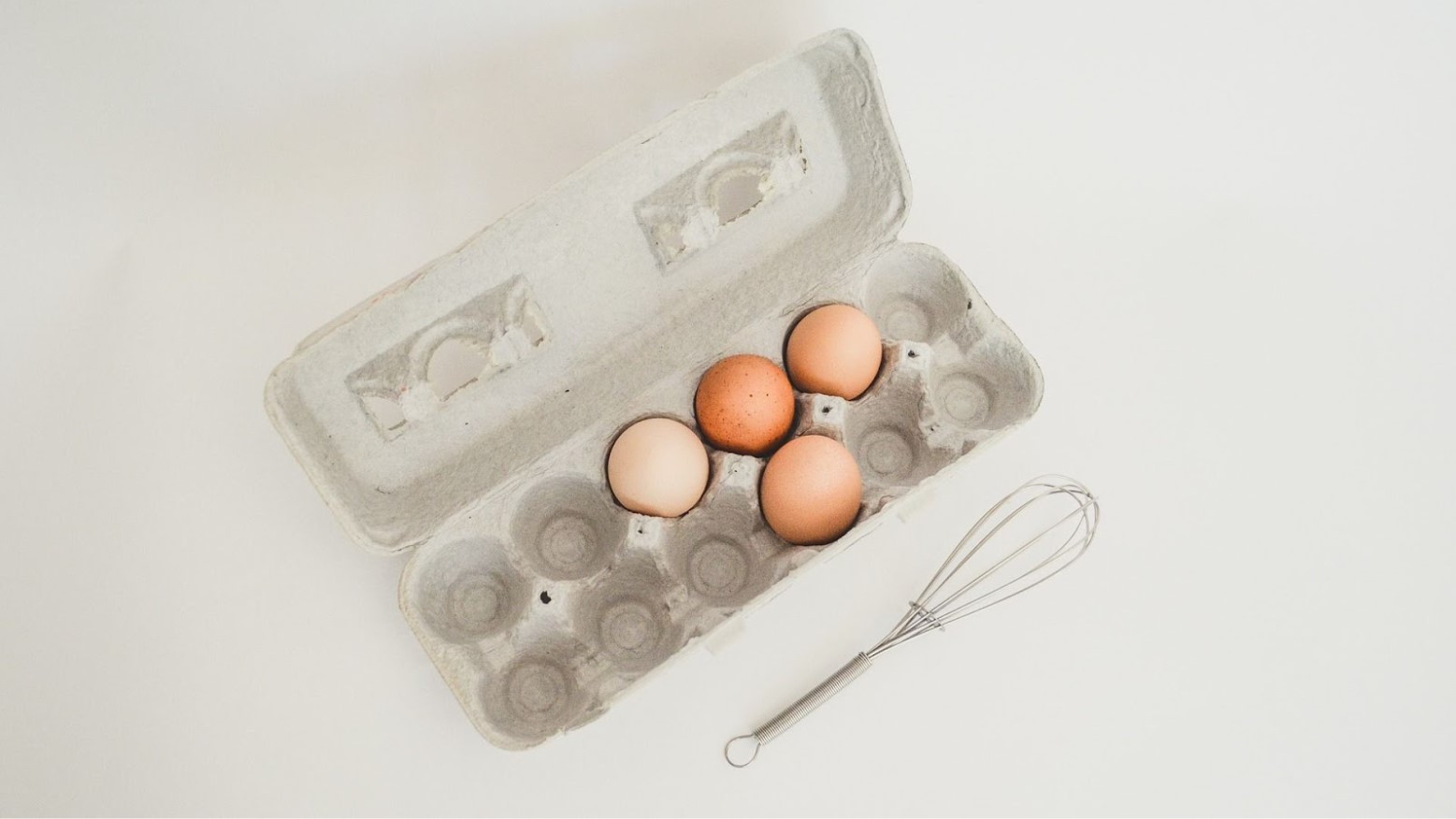
Though a so-called perfect diet may heavily promote plant-based proteins, there’s nothing wrong with eating certain types of animal proteins!
Good animal proteins are eggs, lean meats, and dairy. As 25% of your plate should be dedicated to protein, you can add both animal and plant-based proteins to explore different healthy foods.
Be Aware of Supplements
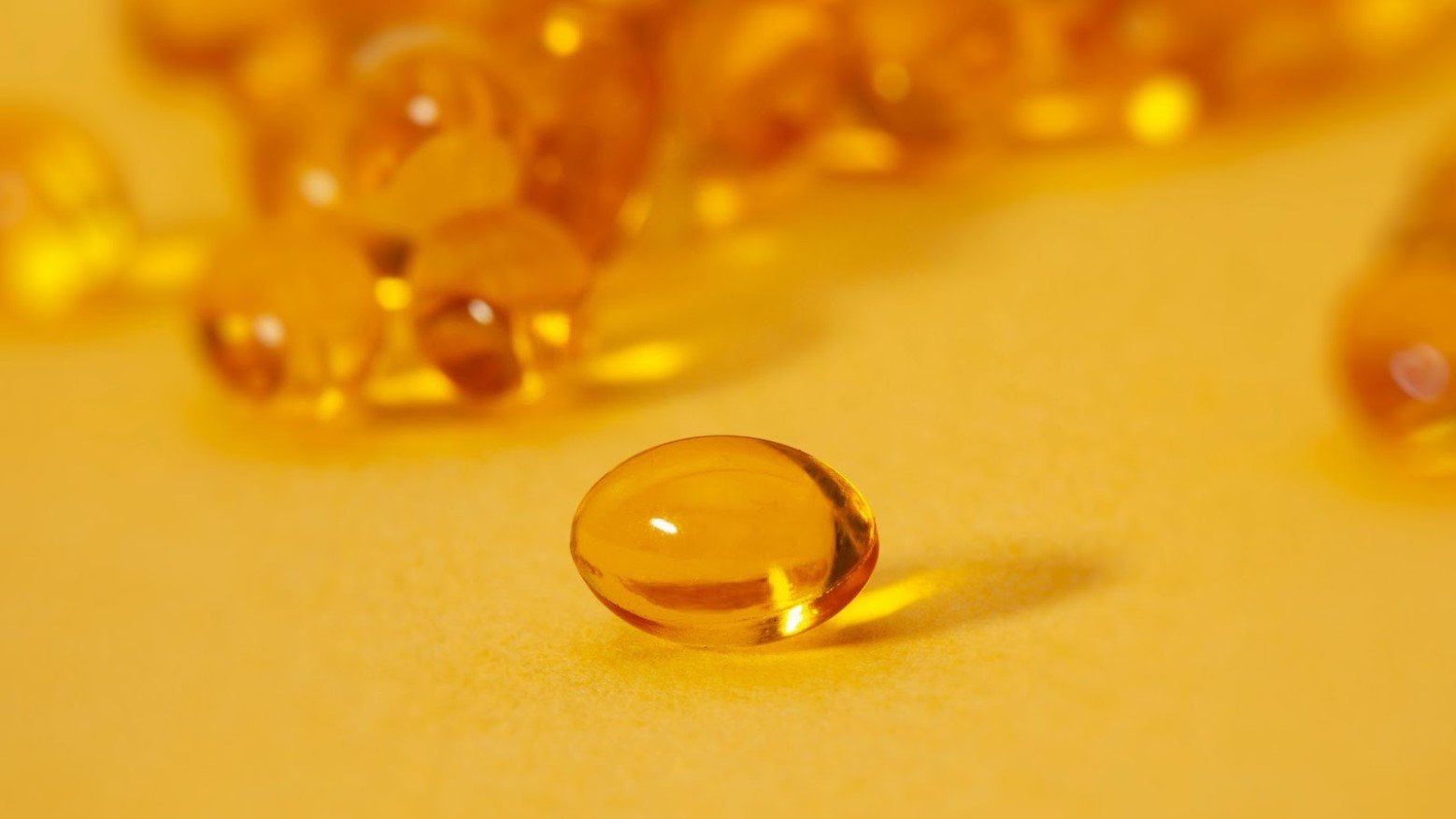
Many people take supplements now. However, it should be noted that supplements are not supposed to replace a healthy diet. The best way to lower your cancer risk is by eating healthy food, not replacing food with a supplement or vitamin.
Some supplements don’t even benefit the human body as people think. However, taking some vitamins if you’re deficient can be incredibly helpful. To better understand what works for you and your body, talk with your doctor about your supplement and vitamin intake.
Reduce Alcohol Intake

Many studies have claimed that a glass of red wine a night can help improve heart health. Now, some health officials are fighting this claim, as wine is still alcohol — and alcohol is still a class 1 carcinogen.
Because alcohol can increase your risk of cancer, it can be beneficial to reduce your intake as much as possible. Experts say you don’t necessarily need to cut alcohol out completely if you don’t want to. However, you should try not to binge drink, as this can greatly increase the risk of cancer.
Understand Portion Sizes
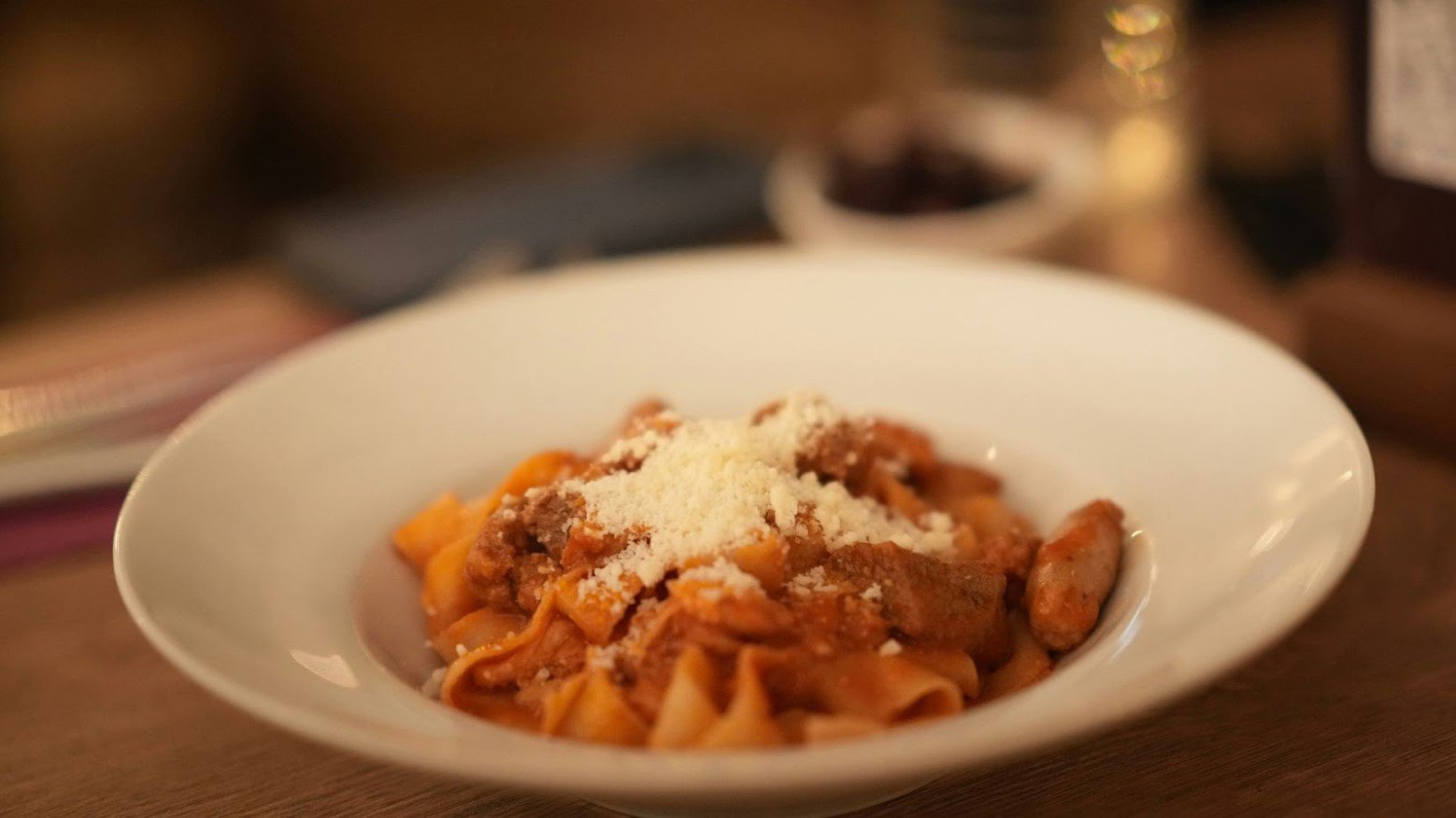
People who are overweight or obese often have a greater chance of being diagnosed with cancer. Health officials state that one way to help with overall nutrition is to understand the plate portion sizes that work for you.
For those who have a problem with overeating, doctors recommend using a small salad plate for meals to better control the portion you’re eating.








































